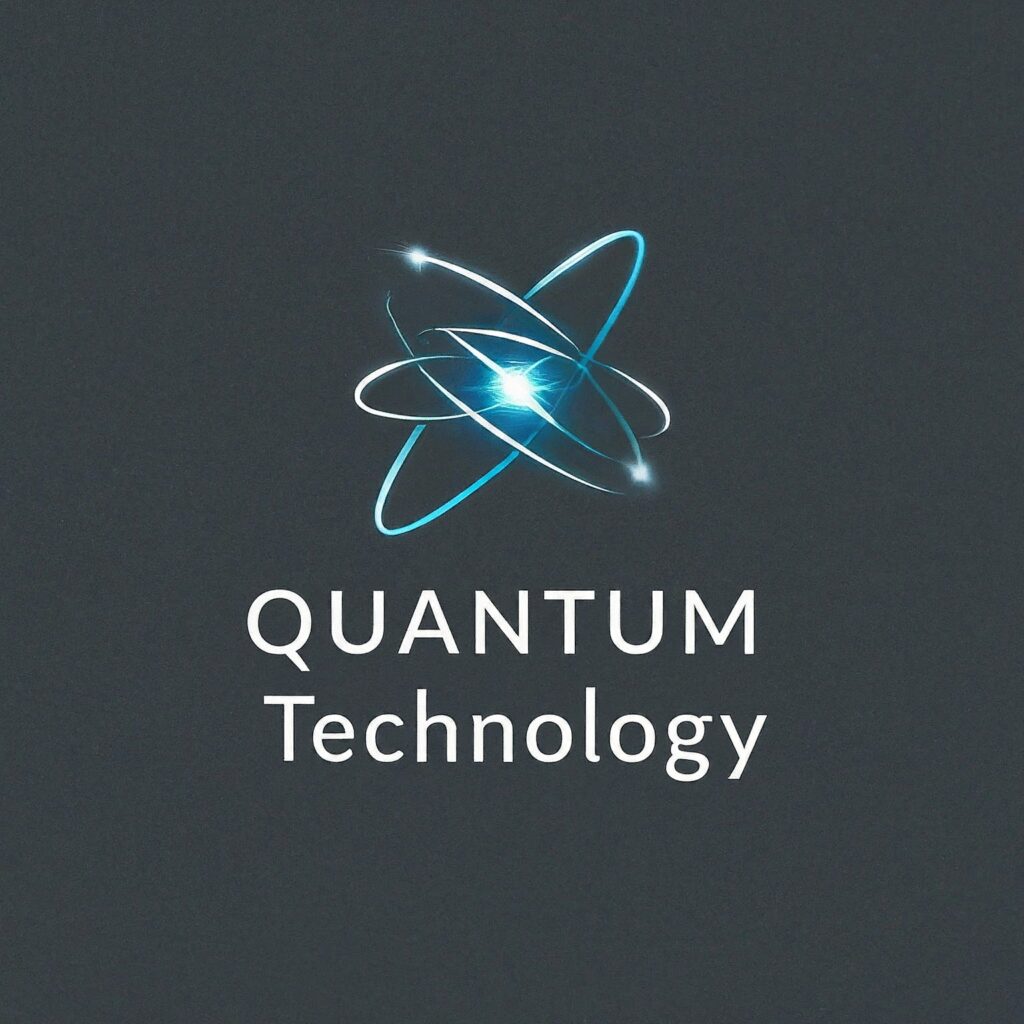Quantum communication holds immense promise for ultra-secure data transmission, but a major hurdle exists: decoherence. This refers to the loss of quantum information due to interactions with the environment. A recent study published in the International Journal of Theoretical Physics proposes a novel strategy to combat decoherence: “Quantum Communication Based on Decoherence Suppression Via Weak Measurement and Environment-Assisted Measurement”.
Unlike traditional communication, quantum communication uses the principles of quantum mechanics to transmit information encoded in qubits, the quantum equivalent of bits. This allows for:
- Unbreakable Security: Quantum mechanics offers inherent security features like quantum key distribution, making it virtually impossible to eavesdrop on communications.
- Enhanced Speed: Certain quantum communication protocols hold the potential for faster information transfer for specific tasks.
The Decoherence Challenge:
However, the delicate nature of quantum information makes it susceptible to decoherence. Interactions with the environment can cause the quantum state to collapse, leading to errors and lost information.
The Proposed Solution:
This research explores a two-pronged approach to tackle decoherence:
- Weak Measurement: By performing weak measurements on the qubits before and after transmission, the researchers aim to gather information about the quantum state without significantly disturbing it.
- Environment-Assisted Measurement: This technique leverages information about the environment the qubits travel through to further enhance the accuracy of the received signal.
Benefits of the Approach:
The proposed strategy offers several advantages:
- Improved Fidelity: By mitigating decoherence, the technique can improve the fidelity of the transmitted quantum information, leading to fewer errors and more reliable communication.
- Wider Applicability: The study suggests that this approach could be applicable to various types of communication channels, including optical fibers and free-space transmission.
- Tunable for Different Noise Levels: The strength of the weak measurements and the use of environment-assisted measurements can be adjusted based on the specific noise levels encountered in the communication channel.
The Road Ahead:
This research provides a promising theoretical framework for combating decoherence in quantum communication. Further efforts are needed to:
- Experimental Validation: Testing the proposed approach in real-world laboratory settings to assess its effectiveness and optimize the techniques.
- Scalability: Exploring strategies to scale this approach for long-distance quantum communication networks.
By developing methods to suppress decoherence, researchers are bringing us closer to realizing the full potential of secure and reliable quantum communication, paving the way for a new era of ultra-secure data transmission.
